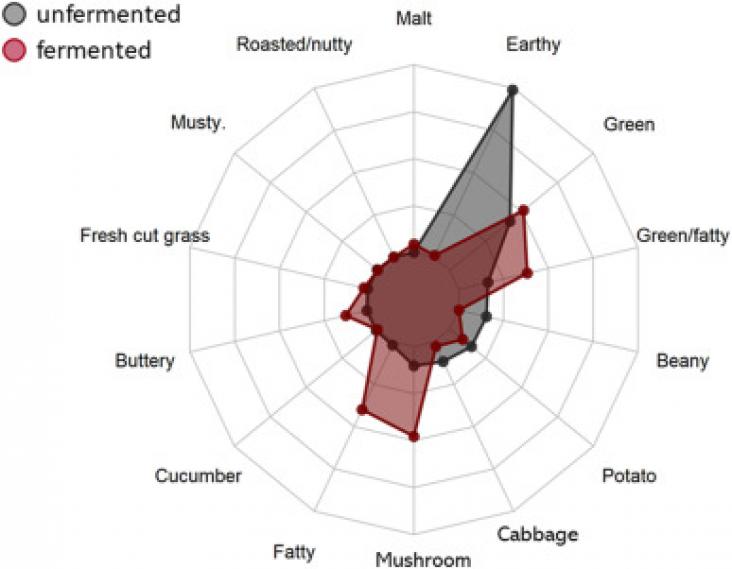Elsevier,
Plastic Pollution and Marine Conservation: Approaches to Protect Biodiversity and Marine Life, Volume 1, 1 January 2022
This chapter aligns with Goal 14: Life Below Water and Goal 12: Responsible Consumption by providing an overview of marine plastic waste and policy options to promote a circular plastic economy.
Temperature and sea level rise threats to aquaculture were the main focus in science and the news. At least 10 countries linked current impacts on aquaculture to climate change. Global papers cited technology for adaption, while regional papers cited governance.
A Review in support of SDGs 3 and 12, focusing on the decrease in traditional food availability and the increase in food import dependence in small islands, discussing the resulting reduction in diet quality and food security and the increase in type 2 diabetes risk.
Food preservatives are important to reduce food spoilage caused by microorganisms preventing loss of its quality and nutritive value. In this research, a new way to isolate the organic nanodots from edible freshwater blue green microalgae has been developed as a natural food preservative.
This chapter aligns with Goal 14: Life Below Water and Goal 12: Responsible Consumption by discussing threats to the Franciscana dolphin and exploring novel options to reduce harmful bycatch.
This chapter aligns with Goal 14: Life Below Water and Goal 12: Responsible Consumption by highlighting the many marine pollution risks associated with ocean extraction/consumption and impacts to marine ecosystems.
Purpose: In this study, we identify and characterise how organisations have responded, in ways ranging from restoration to radical change, to discontinuities in their product-based service (PBS) suppl
Mitigating and adapting to climate change requires decarbonizing electricity while ensuring resilience of supply, since a warming planet will lead to greater extremes in weather and, plausibly, in pow
This book chapter advances SDGs 2, 12, and 15 by explaining how those engaged in agriculture must begin to examine and expand agriculture’s ethical horizon—the full range or widest limit of our perception, interest, appreciation, knowledge, and experience. It is necessary to explore agriculture’s intellectual horizon, because our unexamined, ethical position, may limit what agriculture’s ethical horizon defines. This book will encourage those involved in all phases of the agricultural enterprise to initiate and continue discussion of agriculture’s ethical foundation.

